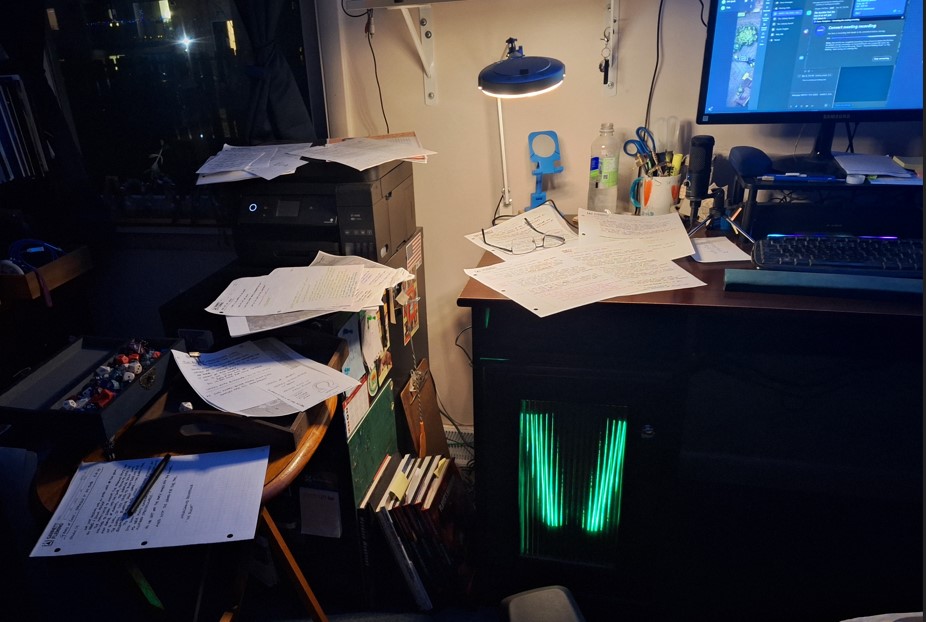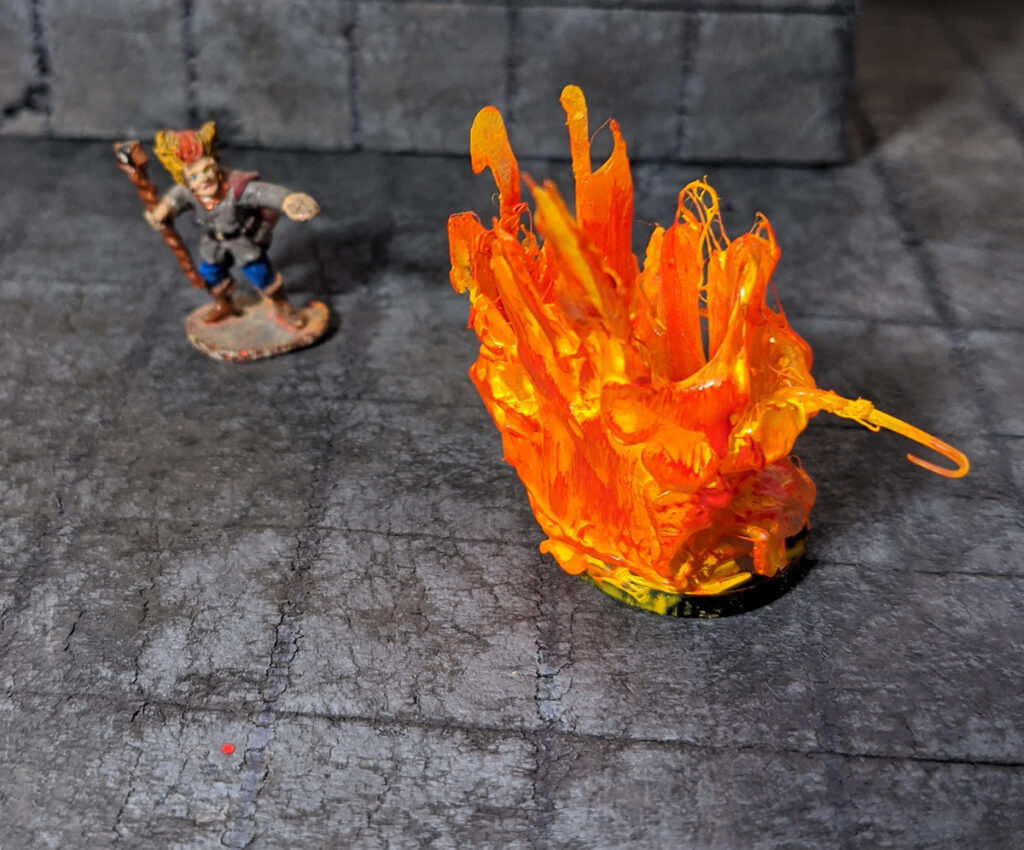First time Gamemastering? Are prospective players asking whether you run your table Rules as Written or Rule of Cool, but you don’t know how to answer? Are you new to TTRPGs and want to get your friends to join you at the table? Have you wanted to give your Forever GM friend a break? Come to “So you want to be a Game Master?”, where our panel of experienced game runners will teach you how to lead an RPG, and ensure the fun is spread evenly around the table.
I’ve done posts and videos about being a DM before. I’ve also run a workshop at Balticon in the past for first timers. I like the idea of empowering others to invest in creating something wonderful and fun for everyone. For the record, I am very much a ‘rule of cool’ kind of game master. Here are my notes for this panel:
My personal house Rule #1: It’s just a game.
We’re here to have fun, and if we’re not having fun, then why are we doing it?
Finding an RPG you like is partially about the game itself and partially about the people you’re playing with. Both parts matter. These games are by their very nature social. The single biggest challenge is finding a group, or a series of groups of people that you really, truly enjoy gaming with. The people are the key to it all.
As for the games themselves, part of that is learning what your group is into, and what you are all looking for in a game.
How many people do you want the game to handle?
You don’t have to be an expert on fantasy lore or a master rules lawyer; anyone can be a GM.
The hardest part of it all, battling the demons of three to five other people’s schedules.
Find inspiration (in art, in books, in movies, in conversation with others)
Prepare to the amount you feel comfortable with – SET A SCENARIO, NOT A STORY PLOT
Roll with choices your players make – be flexible
Adapt encounters that were ‘missed’ into something else later in the campaign (save your work)
Keep a list of names (like sounding names from a similar area – on hand just in case random NPC)
Keep notes – particularly of who all those random NPCs are, b/c they might stick and come back (Cabbage guy from Avatar the Last Airbender anyone?)
Feel free to watch shows like critical role – but understand what they’ve got going on behind the scenes (and if you don’t have that, how can your game match that?)
Even the best, luckiest and most talented groups don’t last forever, and sometimes that’s what makes them truly magical. Take advantage of having fun while you can.


